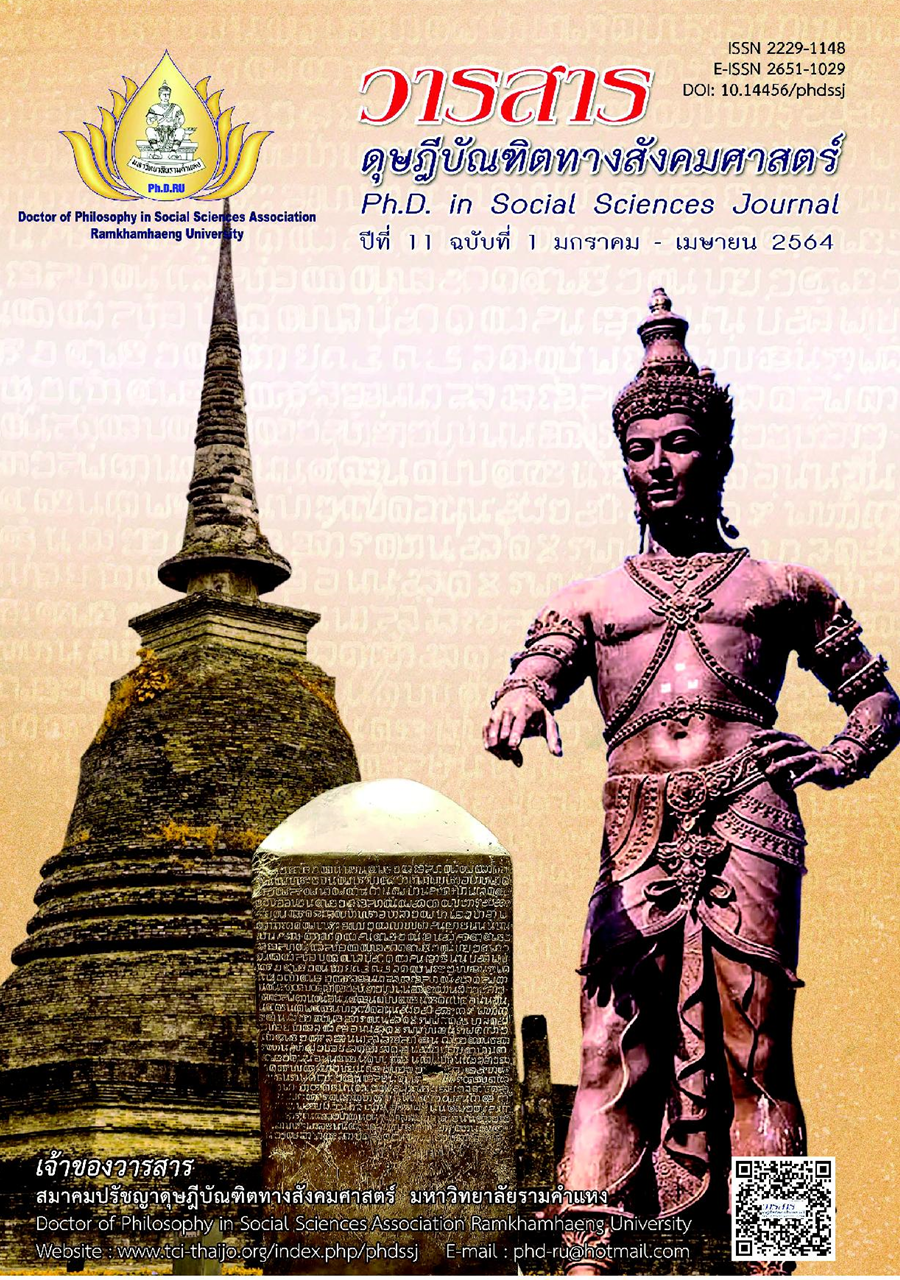The Appropriate Qualifications of Mediators in the Courts of Justice
Main Article Content
Abstract
The purpose of this academic article is to analyze appropriate qualifications of mediators in term of educational background as well as work experience. This is because mediators are external persons appointed by the judges to assist themselves by means of mediation in the courts of justice. Mediators are required to read cases to understand the claims of the parties as well as the relevant legal provisions before attending the disputes. While performing duties, mediators are required to apply mediation theories, concepts as well as experience to facts obtained. Subsequently, mediators shall propose solutions for parties’ decision. Once the parties decide to settle the disputes, mediators are the persons who must correctly record reached solutions or agreements in order to ensure that disputes are duly settled according to law. In this study, the conflict theory, negotiation theory, SWOT technique, Buddhist theory Civil and Commercial Code, Criminal Code, Civil Procedure Code, Criminal Procedure Code as well as Section 51 of the Regulation of the President of Supreme Court on Mediation B.E. 2554 are applied as an analytical framework.
The result of the study indicates that the educational qualifications and work experiences of mediators should be a law degree graduate and with real experience in legal works, public administration or mediation.
Article Details
Academic articles, research articles, and book reviews in the Ph.D. in Social Sciences Journal are author’s opinions, and not the publisher’s, and is not the responsibility of the Ph.D. in Social Sciences Journal Philosophy Association, Ramkhamhaeng University. (In the case that research is done on human, the researcher has to be trained in Ethics for Doing Research on Human Training and has to produce the evidence of the training).
References
Faculty of Liang Chiang for Buddhism Publishing. (2003). New integrated plan book, third class Dharma, all subjects. Liang Chiang for Buddhism. [In Thai]
Fisher, R., Ury, W., & Patton, B. (1991). Getting to yes: Negotiating agreement without giving (2nd ed.). Houghton Mifflin.
Humphrey, A. (2005). SWOT Analysis for management consulting. Retrieve from https://studylib.net/doc/8679881/swot-analysis-for-management-consulting
Sukhum, P. (1988). Conflict theory. n.p. [In Thai]
The Office of the Judiciary. (2012). Conflict management and dispute resolution. Tanapress. [In Thai]
Woraseangsuk, J. (2013). Classical sociological theory. M & M Laser Print. [In Thai]


